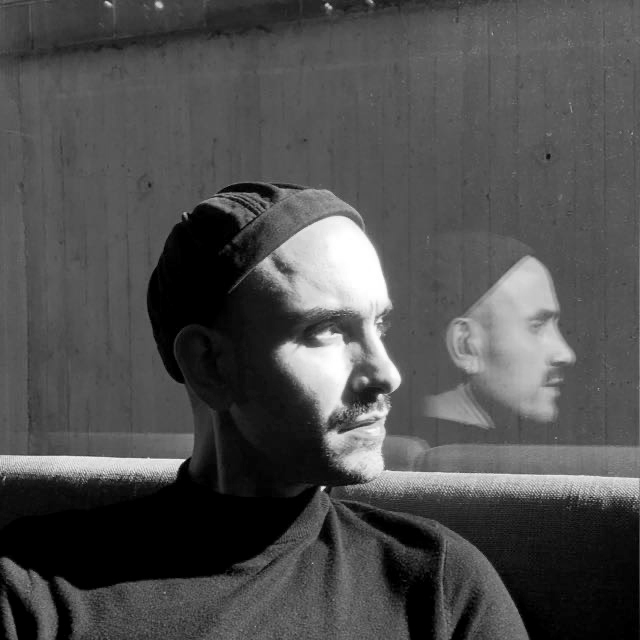
Fernando P. Ferreira is an architect, artist and creative researcher based between Porto (Portugal) and London (UK). His practice interacts with activism, art, urban and gender research, textile making and storytelling practices. Fernando has collaborated with architectural practices based in Porto (Portugal) and London (UK) and teaches urban studies at EAAD – School of Architecture, Art and Design of Minho’s University in Portugal. Fernando is also the co-founder and director of Space Transcribers – a Portuguese non-profit organisation that works through social and spatial practices of communication and mediation. As director of Space Transcribers, Fernando has led interdisciplinary and socially engaged research projects, curating exhibitions, and editing publications in partnership with Portuguese public institutions and universities. Currently, Fernando is a PhD candidate at the Bartlett School of Architecture, UCL in London, developing practice-based research in architectural design, as well as associating methodological research with the Writing Urban Places project. His PhD explores site-specific textile-making methodologies to reimagine critically and ‘poEthically’ a story-based and performative architectural design brief for the future of a Portuguese textile factory under current social and spatial dismantlement.
Contacts: fernando.ferreira.18@ucl.ac.uk / fernando.p.silva.ferreira@gmail.com / Website: www.fernandopferreira.com
COST provides networking opportunities for researchers and innovators in order to strengthen Europe’s capacity to address scientific, technological and societal challenges. There are three strategic priorities: promoting and spreading excellence, fostering interdisciplinary research for breakthrough science and empowering and retaining young researchers and innovators.
Writing Urban Places proposes an innovative investigation and implementation of a process for developing human understanding of communities, their society, and their situatedness, by narrative methods. It particularly focuses on the potential of narrative methods for urban development in European medium-sized cities.